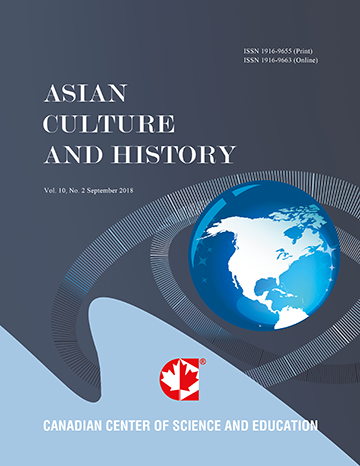The Pattern of Unique Use of Language: A Case Study in the Greeting Messages ‘Konnichiwa’ and ‘Konbanwa’ on Japanese Mobile Phone E-mail
- Noboru Sakai
Abstract
This study considers the mechanism underlying how people use unique patterns of language use as a greeting message, using Konnichiwa( : good afternoon), and Konbanwa ( : good evening), a simple and common message appearing in Japanese mobile phone e-mail (Keitai-mail), as an example. The data corpus analyzed for this study consists of 43,295 mails for communication purposes from 60 Japanese young people. The result shows that people apply uniqueness in a limited way, and moreover their unique use of language is largely affected by the standard rules of Japanese, including sound information such that as (ha) is pronounced /wa/ (wa).
- Full Text:
 PDF
PDF
- DOI:10.5539/ach.v10n2p19
Journal Metrics
Google-based Impact Factor (2017): 5.42
h-index (January 2018): 11
i10-index (January 2018): 21
h5-index (January 2018): 6
h5-median (January 2018): 9
Index
- Academic Journals Database
- CNKI Scholar
- COPAC
- EconPapers
- Elektronische Zeitschriftenbibliothek (EZB)
- Excellence in Research for Australia (ERA)
- Genamics JournalSeek
- Google Scholar
- Infotrieve
- LOCKSS
- MIAR
- NewJour
- Open J-Gate
- PKP Open Archives Harvester
- Publons
- RePEc
- Scilit
- SHERPA/RoMEO
- Standard Periodical Directory
- Technische Informationsbibliothek (TIB)
- The Keepers Registry
- Universe Digital Library
- WorldCat
Contact
- Ivan YongEditorial Assistant
- ach@ccsenet.org
